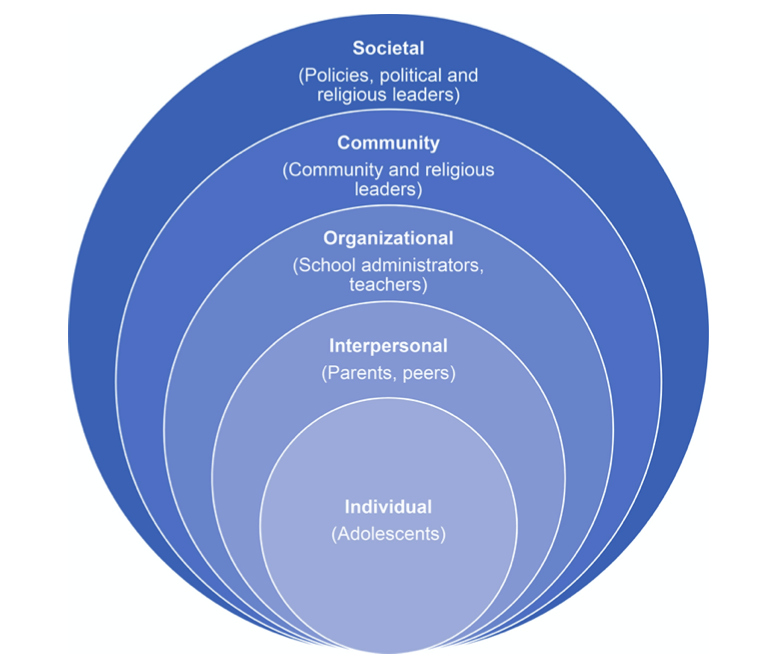Young people need to play an active role in building support for CSE. Student councils, youth groups and individual youth leaders should be actively encouraged to provide input on the design, monitoring, and evaluation of CSE programmes; collect information about their peers’ needs, to develop the justification for CSE; and initiate dialogues with parents and other community members about the importance of CSE in their lives.
[Source: UNESCO. 2018. International technical guidance on sexuality education: An evidence-informed approach.]
Young People
If your campaign is based in a school, college or university, you can gain supporters by holding talks or setting up an information table on campus, with leaflets, petitions, or sign-up sheets. You may also want to think about using social media and email to keep up momentum and spread awareness about what you are trying to achieve. Try linking up with student groups and organisations working in education or young people’s health to spread your message to their networks of young people too.
[Source: IPPF; The PACT. 2017. We demand more! A sexuality education advocacy handbook for young people, p.20.]
Young people are influenced by and have the capacity to influence several layers of people and structures around them. The ecological model below demonstrates the relevant layers of influence for a CSE programme, keeping individual adolescents in the centre. The model shows the multiple and interacting determinants for adolescent sexuality, including their knowledge, attitudes, and practices. These different layers of influence also interact across the different levels. Interventions that focus on all the layers in a targeted manner are more likely to be effective. By keeping adolescents at the centre, you can focus on empowering them and working with them to address all the other layers.

Ecological Framework: Levels of Adolescents' Influences. © Chandra-Mouli et al.
[Source: Chandra-Mouli et al. 2018. Building support for adolescent sexuality and reproductive health education and responding to resistance in conservative contexts: Cases from Pakistan.]
- Involve children and young people in all CSE advocacy efforts; they can lead some of these efforts, represent the Member Association on task forces, provide advice to strengthen an advocacy strategy and serve as key speakers in public arenas.
- Involve children and young people in training programmes; they can serve as key informants during the development process for the training programme, offering insights on how teachers can implement more participatory approaches or deliver activities in formats that are more attractive to them.
- Invite children and young people to participate in intergenerational spaces to discuss the rationale and evidence that support CSE.
- Enable youth-led organizations and movements to develop their own CSE to reach children and youth in non-formal settings.
